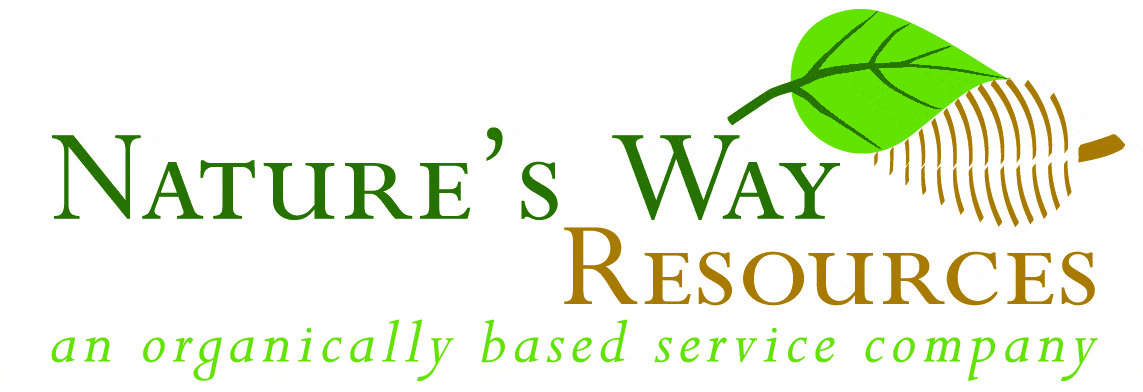By: John Ferguson
Last week we talked about Cedar mulches available in Houston area and along the Gulf Coast. This week we are going to look at Redwood mulches.Redwood mulches are available in two forms, bark (shredded or nuggets) and shredded wood. Redwood mulches became popular since they are slow to decompose lasting 6-7 years in some cases, they are naturally fire resistant, and the shredded wood
has a natural reddish color. Redwood, also has a natural insect-repelling and rot-resistant qualities and it resists termite and ant infestations and lasts longer than other wood mulches.
Redwood mulches come from 3 genera which are: Sequoia and Sequoiadendron of California and Oregon in the United States and from Metasequoia from China. These are very tall trees that live for thousands of years, however they have become endangered due to logging, habitat destruction and air pollution.
Barks and uncomposted sawdust from redwood, cedar, Douglas fir, larch, eucalyptus, and spruce trees, are considered toxic to many plants. Any bark that is high in tannic acids and phenols is potentially harmful unless thoroughly composted and leached.
In addition to the natural chemicals, like all mulch that is improperly handled redwood mulch sometimes contains toxic substances that can also kill plants. This usually occurs when large piles of mulch sit in landscaping yards and don’t get oxygen. To avoid this problem, buy mulch that has been allowed to weather and air out. Smell the mulch before you buy it. If it has a foul odor like vinegar or
silage, buy a different product or lay it out on a concrete surface for a few days before you put it in your garden. Once the odor goes away, the mulch is safe to use.
Like all bark and wood mulches it has a very high C:N ratio. It does not cause as much nitrogen tie-up
problems as others mulch types since it is slow to decompose. As all single species mulches it does not support as wide a diversity of beneficial microbes as other types of mulches. Also the same chemicals that make it slow to decompose also kills a lot of the good microbes that plants need.
It is not a sustainable product and the usage leads to habitat destruction. There is also a cost in transporting redwood mulch from the Pacific coast to our area and the transportation generates a lot of unneeded carbon dioxide emissions. The bottom line is that it very expensive and is not a good choice for Houston and the gulf coast.Editor’s note: We encourage everyone to share their stories. We love to hear what everyone is doing out there and what they have experienced.

